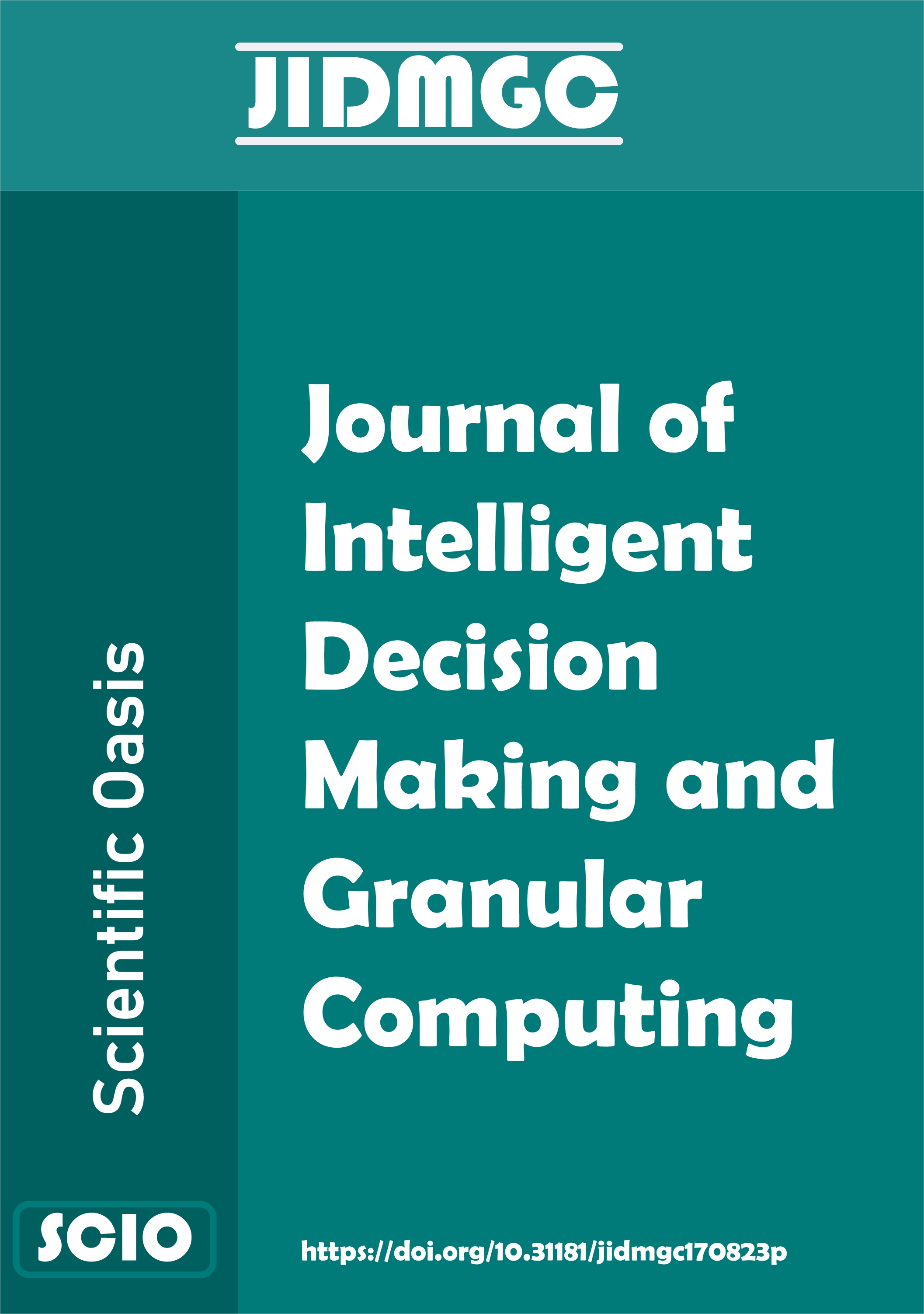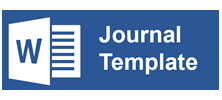About the Journal
Journal of Intelligent Decision Making and Granular Computing is a peer-reviewed, international journal dedicated to publishing cutting-edge research on intelligent decision-making models, systems, and methodologies supported by granular computing frameworks. The journal serves as a bridge between theory and application, fostering interdisciplinary contributions that address uncertainty, vagueness, imprecision, and partial truth in real-world decision problems.
With the rapid growth in data complexity, decision environments demand intelligent tools that can model and interpret ambiguous or incomplete information. This journal focuses on the development and application of advanced mathematical tools, logic-based techniques, and computational methods that contribute to smarter, more explainable, and adaptive decision-making processes.
The journal aims to:
- Promote novel theories, models, and algorithms in intelligent decision-making and granular computing.
- Support interdisciplinary approaches combining computer science, engineering, mathematics, and applied sciences.
- Advance research that integrates soft computing, artificial intelligence, and multi-criteria decision-making techniques.
- Serve as a platform for addressing real-world challenges through the use of fuzzy logic, rough sets, intuitionistic fuzzy systems, interval-valued systems, and hybrid models.
Key Themes:
- Multi-criteria and multi-objective decision-making (MCDM/MODM);
- Granular computing theories and architectures;
- Aggregation operators and ranking techniques;
- Interval mathematics, fuzzy sets, rough sets, and hybrid structures;
- Preference modeling and uncertainty representation;
- Optimization under uncertainty and imprecision;
- Decision support systems and intelligent analytics.
Application Areas
The journal welcomes original research and case studies from a broad range of application domains, including but not limited to:
- Renewable and hybrid energy systems;
- Economics and financial decision analysis;
- Logistics and supply chain management;
- Waste management and sustainability;
- Smart cities and infrastructure planning;
- Healthcare and medical decision support;
- Transportation and traffic systems;
- Environmental risk assessment;
- Cyber-physical systems and autonomous agents;
- Social sciences and human-centric decision support.
General Journal guidelines for authors
Journal of Intelligent Decision Making and Granular Computing publishes research articles, reviews, short communications, and case studies. Research articles must include: motivation for the work, an adequate overview of the representative work in the field including up-to-date references, a clear statement of the novelty in the presented research, suitable theoretical background, one or more examples to demonstrate and discuss the presented ideas and, finally, conclusions. Short communications are usually 4-7 pages long, research articles and case studies 8-14 pages, while reviews can be longer. Page number limits are not strict and, with appropriate reasoning, the submitted articles can also be longer or shorter. Authors are requested to follow the Journal of Intelligent Decision Making and Granular Computing guidelines and strictly format their manuscripts as per the article template that is available here.
If extensions of previously published conference papers are submitted, Editors will check if sufficient new material has been added to fulfill the journal standards and qualify the submission for the review process. The added material must not have been previously published. New results are desired but not necessarily required; however, the submission should contain expansions of key ideas, examples, elaborations, etc. of the conference submission.
Aims and Scope: The principal aim of the journal is to bring together the latest research and development in various fields of soft computing, decision analytics and artificial intelligence. We would like to highlight that papers should refer to Aims and scope, but they are not limited to.
Publication Frequency: One issue per year is published online, but processed and accepted papers, with full bibliographic data, are added to the issue continuously over the whole year.
Open Access: This is an open-access journal which means that all content is freely available without charge to the user or his/her institution. Users are allowed to read, download, copy, distribute, print, search, or link to the full texts of the articles in this journal without asking prior permission from the publisher or the author.
eISSN (Online): 3042-3759
Publication fee: There is no submission charge or publication fee. Publication in JSCDA is free of charge for the authors.
Publisher: Naucna Oaza (engl. Scientific Oasis) association was established in 2014 as the European Centre for Operational Research (ECOR), operating under the umbrella of the Regional Association for Security and Crisis Management (RABEK). Over the past decade, ECOR has evolved beyond its initial role as an internal center within RABEK through numerous activities and international collaborations. Given the increasing scope of its responsibilities, the natural decision was to separate ECOR as an independent association. In 2023, it was renamed Scientific Oasis (SCIO Association)....more info
Indexing:
- Google Scholar
- ROAD
- Crossref
- The digital repository of the National Library of Serbia
- doiSerbia












 All site content, except where otherwise noted, is licensed under the
All site content, except where otherwise noted, is licensed under the 